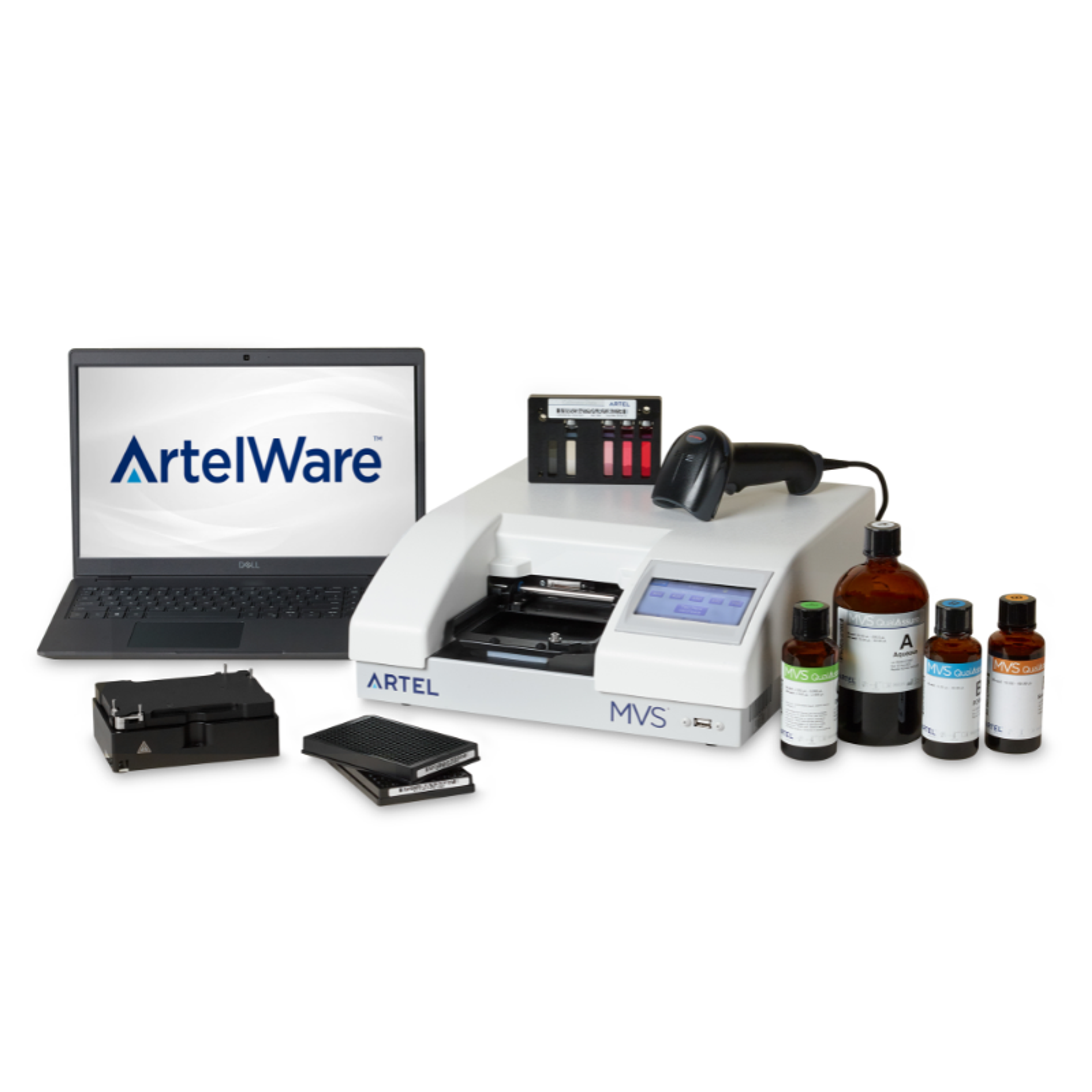Artel To Lead Workshop on Best Practices in Automated Liquid Handling
15 Sept 2010Artel announced it will conduct a hands-on workshop on Best Practices in Automated Liquid Handling at the Tecan US headquarters in Durham, North Carolina. Tailored for lab technicians who work with automated liquid handlers on a regular basis, the October 28 workshop will utilize state-of-the-art liquid handlers and Artel performance measurement technology, to help attendees work through—and solve—common, but critical issues affecting liquid handler performance.
Using the Artel MVS® Multichannel Verification System, Artel application specialists will lead the workshop, focusing not only on how to identify and resolve problems, but also on how to develop and optimize liquid handler quality programs. Attendees will be able to explore and master methods to get the maximum performance out of their liquid handler for assay specific situations. After collecting objective data and analyzing and interpreting the results, workshop participants will be able to apply their knowledge to revise liquid handler parameters for optimal performance.
“Our goal for this workshop is to provide lab operators with the knowledge necessary to get the most out of any liquid handling platform,” says Keith Albert, Technical Marketing Manager for Artel. “Understanding how liquid handler settings affect both accuracy and precision in assay results can help lay the foundation for QA and QC best practices in the lab. The hands-on exercises we’ve devised for this workshop will help lab operators sharpen their abilities to recognize and adjust their scripts to meet the tolerance limits set for their assays.”
Using the Artel MVS, workshop participants will learn firsthand how to establish best practices guidelines in their labs to:
Optimize and validate liquid handler methods
•Allowing lab operators to understand the behavior of their liquid handlers to monitor trending, evaluate accuracy and precision, diagnose errors, and optimize methods.
Facilitate method transfer by controlling liquid handler parameters
•Making it easier for lab operators to prevent liquid handling problems during execution of pre-transfer work by understanding their assay and generating effective documentation.
Standardize liquid handler quality control
•Ensuring measurement consistency between operators, methods and liquid handlers—regardless of make, model manufacturer or location.
“Regardless of whether you are working in drug discovery, biopharmaceutical QC, clinical diagnostics, forensic analysis—or any other demanding field—you need assurance that the liquid handlers used for your processes are all performing to a common, dependable standard,” adds Albert.

